
Ever since people have stood on two legs, we’ve been unable to belief one another. We’ve at all times wanted intermediaries — individuals who make certain these on each side of an settlement honor their dedication. Intermediaries in the present day embody banks, who ahead our cash; attorneys, who ahead our arguments and calls for; and social networks, which ahead our messages.
The rationale for this excessive stage of intermediation is a complete lack of belief. It’s onerous to belief somebody when you possibly can’t inform what they’re considering. However fortunately, simply as we’ve been capable of innovate previous seemingly not possible issues — like mastering flight, constructing skyscrapers, and democratizing data — we’ve additionally been capable of develop a brand new expertise that obliterates our belief points. Enter Web3.
To know what Web3 is about, we first have to grasp what intermediaries are. At a really fundamental stage, intermediaries do the next:
- Settle for messages from exterior sources. Within the case of a financial institution, that may be a message from buyer A to ship cash to buyer B.
- Act on these messages as soon as authenticated. As soon as the financial institution has confirmed that buyer A’s account has the funds and is permitted to ship (it’s attainable the account may very well be frozen), they might provoke the switch.
- The outcomes of those actions should be computed. The financial institution confirms whether or not the switch is profitable or not.
- The computation’s outcomes should be saved, and doubtlessly used as messages in one other interplay. The financial institution retains data of the transaction by way of ledgers and receipts.
It doesn’t take a lot to comprehend that a pc is, technically talking, an ideal middleman. But when computer systems are excellent intermediaries, why haven’t they changed our human intermediaries by now?
To reply that, we should first take into account authority and authorization.
Authority and Authorization
One key perform of intermediaries is in deciding who’s proper or unsuitable in a sure declare. Thus, if buyer A had been to ship cash to buyer B and B claims they didn’t obtain it, the 2 can settle their difficulty by going to the financial institution that shops the data. The financial institution can do that as a result of it has authority, but it surely solely has authority as a result of the purchasers licensed it to behave on their behalf (like recording their transactions, and so forth).
To start with, we had easy signatures on items of paper.
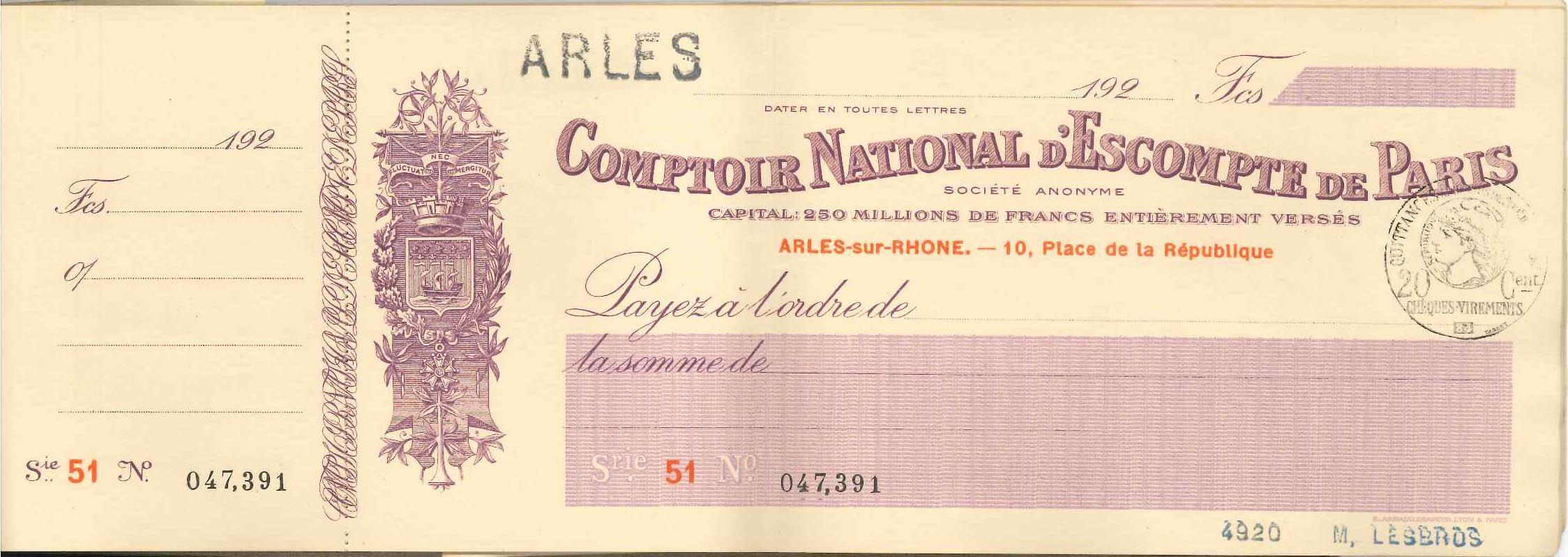
However now we’ve left that and gone into the digital realm.
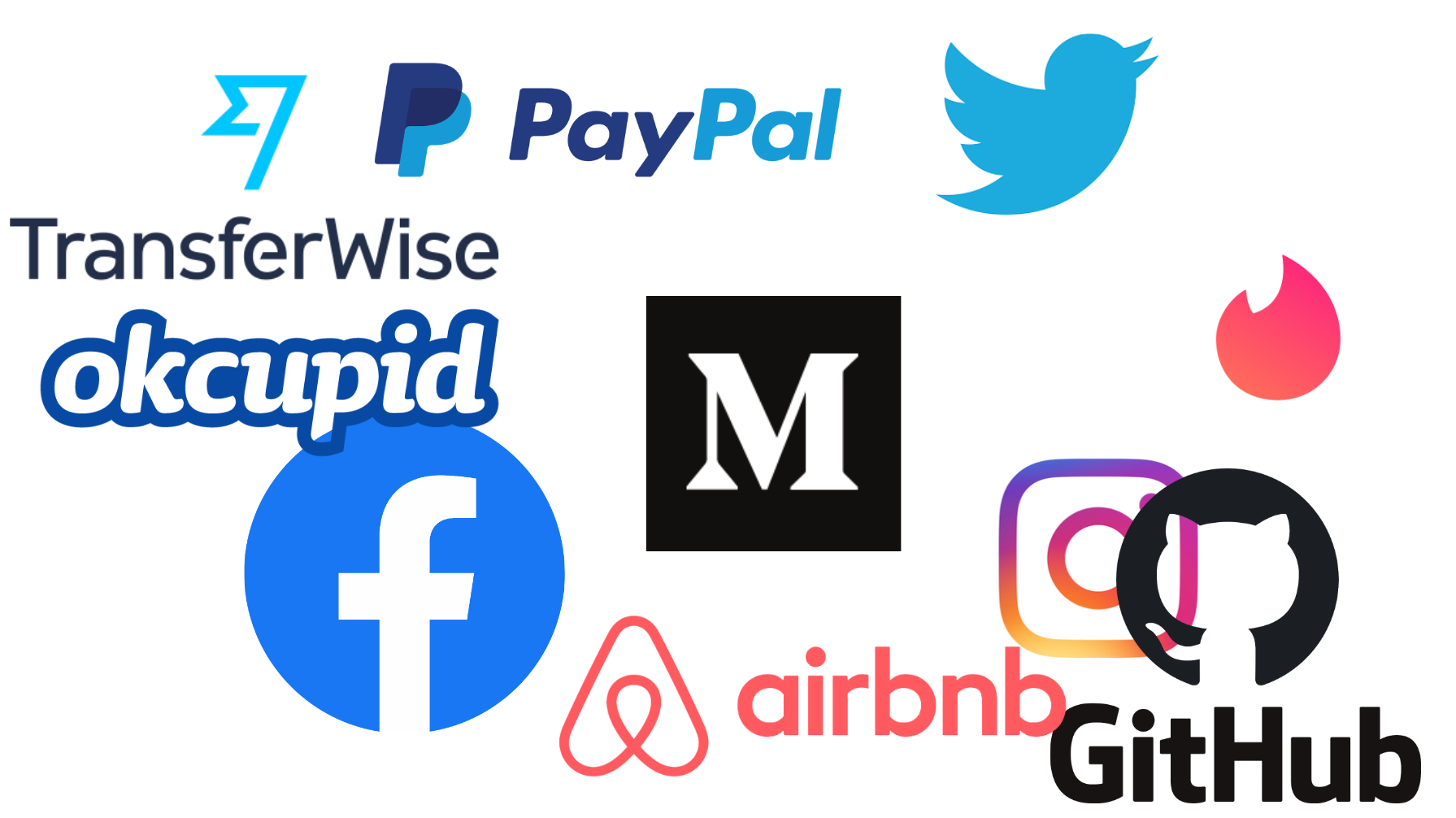
We go on authorization and provides intermediaries authority over our destiny with the press of a button, the scan of a fingerprint, or the enter of a password. In fact, life has been nice. The providers at our disposal have made our lives infinitely simpler.
PayPal lets us ship cash anytime, anyplace. Twitter turns us into ruthless keyboard warriors. Fb lets us meet up with misplaced pals. Medium permits us to robotically promote our writing to a world viewers on a simple-to-use platform. Even issues like Tinder and OkCupid have arguably improved some lives. Then there’s GitHub, which lets us work on pc code with anybody on the earth, and Airbnb, which lets us earn cash from our empty flats with out us having to ever meet the renter head to head. If that’s mind-blowing now, think about how it will appear to an individual from simply 20 years in the past!
Now, if we’re sticking with the reality, then it hasn’t been all rosy. It’s no coincidence that the icon for “financial institution” appears like a jail.
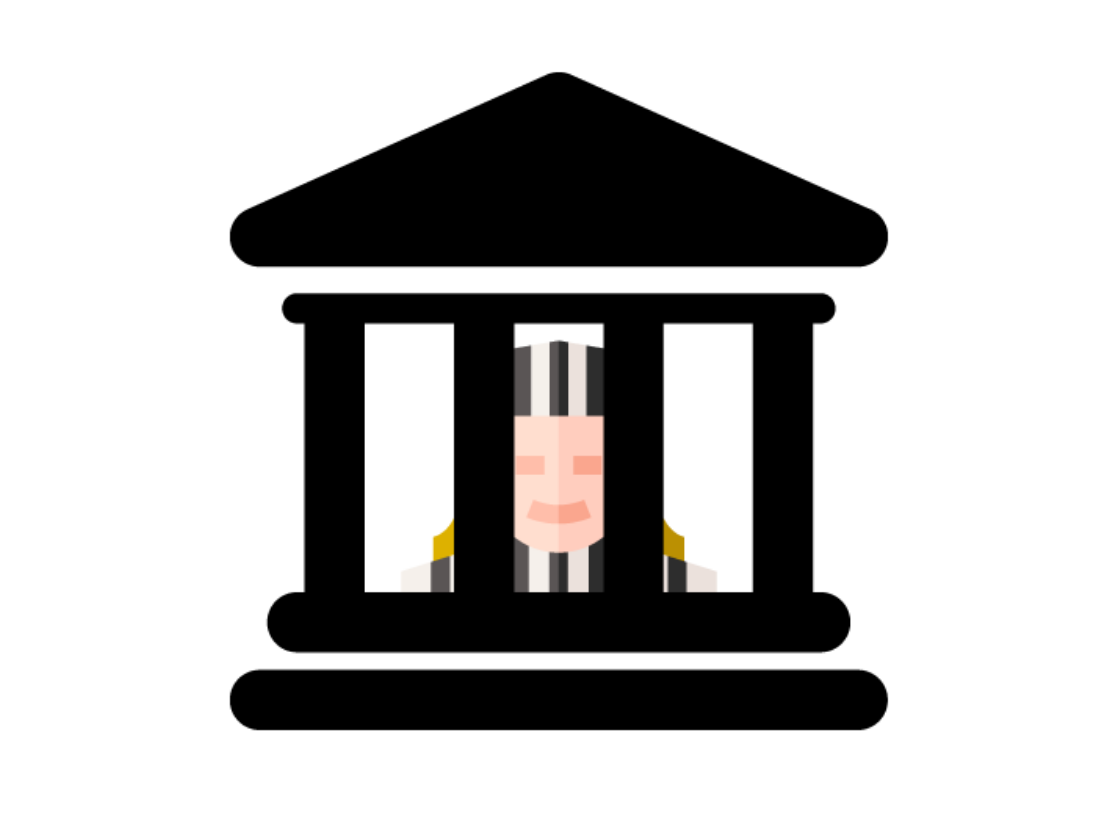
Apart from the banks, all of those providers have had their gaffes.
PayPal and TransferWise are each recognized for closing customer’s accounts without providing a reason, reducing off income that folks and companies have to survive. Think about waking up one morning to seek out that your $5,000/month enterprise has been shut down with no legitimate motive given.
Or take into account the case of GitHub: in July 2019, GitHub obliterated the accounts of all Iranian developers. They only flat out deleted their repositories, shedding them months of labor and collaboration. Why? As a result of their authority (the US authorities) informed them: “No Iran”. As a centralized and weak firm, that they had no alternative however to obey. (Observe that, in January 2021, GitHub obtained the US government’s permission to serve Iranian devs once more.)
Because of how historical past has performed out, we will see that in any system the place there’s hoardable energy (centralization), sure individuals are sure to hoard that energy. There’s no method round it. There’s no drawback with hoarding energy, particularly when it’s hoarded by somebody noble and efficient. Sadly, humanity has been dealt a foul hand by our psyche as a result of it appears a lot simpler for the worst of us to get this energy. And by this, I don’t imply that solely the worst of us rise to energy. Somewhat, at any time when now we have energy, the temptation to place our pursuits earlier than the pursuits of the group is so overwhelming that just a few can succeed. For this reason Uncle Ben informed Peter Parker that “with nice energy comes nice accountability”. If solely it had been straightforward to rise to the event like Spider-Man.
Within the case of our life-changing Twenty first-century providers, it’s not simply the promoting of non-public information and lack of privateness that’s worrying about these highly effective middlemen. It’s additionally the truth that third events get entry to this data and are then free to do no matter they need with it, irrespective of how nefarious it could be.
In 2020, Ledger, an organization specializing in constructing {hardware} cryptocurrency wallets, was hacked and private data like addresses, cellphone numbers, and e mail data of tons of of hundreds of shoppers, sellers, and buyers was leaked. This was a scammer’s heaven: a listing of people who find themselves assured to personal sufficient cryptocurrency to make it worthwhile to purchase {hardware} wallets. Since then, many individuals have gotten rip-off emails of various sorts — from easy begging to loss of life threats.
Many extra monsters lurk beneath the floor of the present digital infrastructure. There’s censorship on social media, political leanings of allegedly impartial platforms, and monopolistic bans of purposes and web sites. There’s additionally corruption on the highest ranges of the “free” market in coordinated assaults on the neighborhood’s financial freedom (like within the newest instance of hedge funds and the US authorities banding collectively to order inventory buying and selling apps to forestall folks from shopping for GME, and to bail out funds for who shorted the inventory).
What can we do about this middleman scenario? Is there any hope of fixing their damaged practices?
No, probably not. Buckminister Fuller says it finest:
You by no means change issues by combating current actuality. To alter one thing, construct a brand new mannequin that makes the prevailing mannequin out of date.
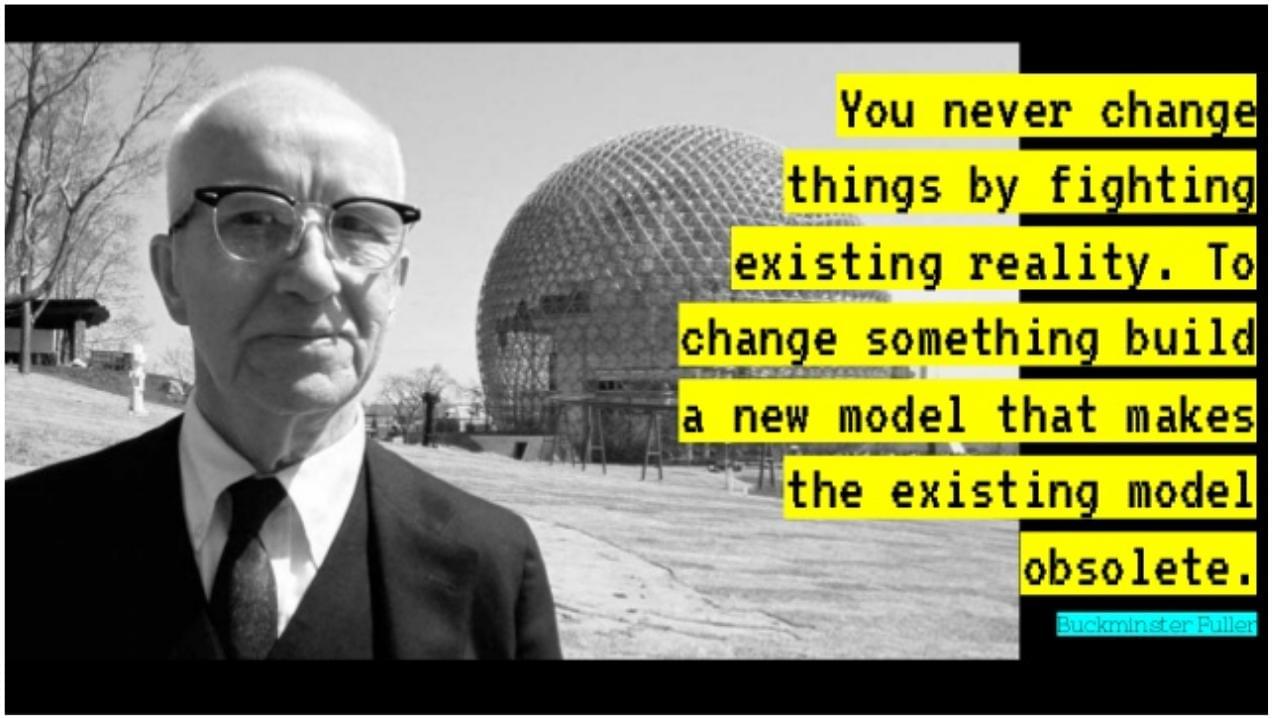
The Change
To free ourselves from intermediaries, we want methods to instantly learn and go information between machines. First, we want linked information.
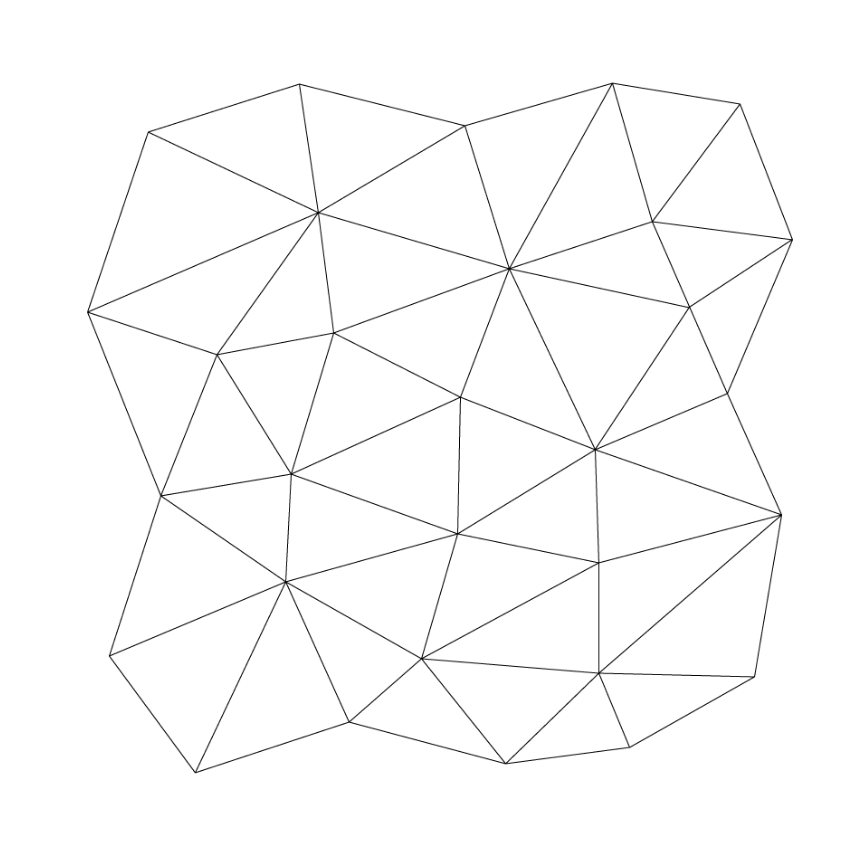
Linked information is information that computer systems can learn from one another with out human or human-made adapters and translators. In different phrases, humanless computer-to-computer communication. However this isn’t sufficient. Computer systems want to have the ability to get this information from different computer systems, and so they want to have the ability to get it at any time. This step known as distributed information — information that’s retrievable from each node within the community.
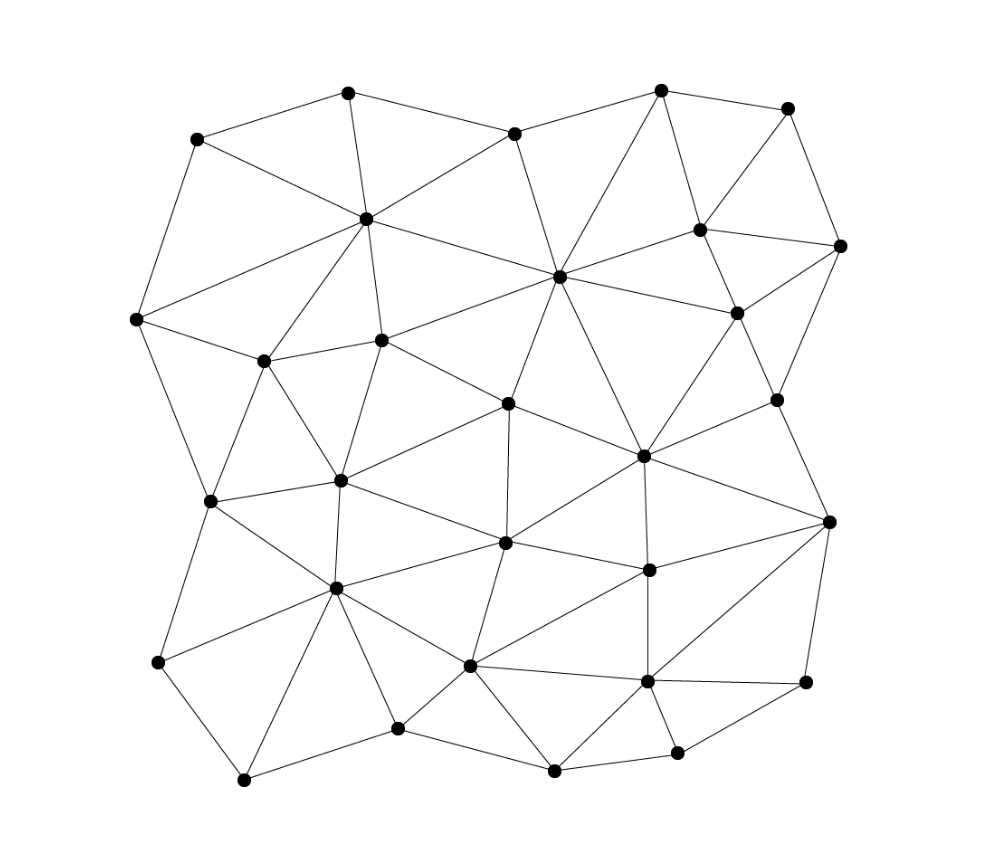
When distributed information is linked, any pc within the community can fetch and perceive information from one other pc at any time. However we’ve had this for some time now. It’s known as BitTorrent. In case you’re aware of torrents, then seeds and friends merely imply that some computer systems are sending saved information whereas others are downloading this information. Nevertheless, this wasn’t sufficient to create a brand new mannequin for organizing the Web and our lives. Belief was the lacking element. Utilizing torrent, I may by no means make sure that my digital life (pc) was protected.
Then got here the blockchain to gentle the spark for a decentralized revolution.
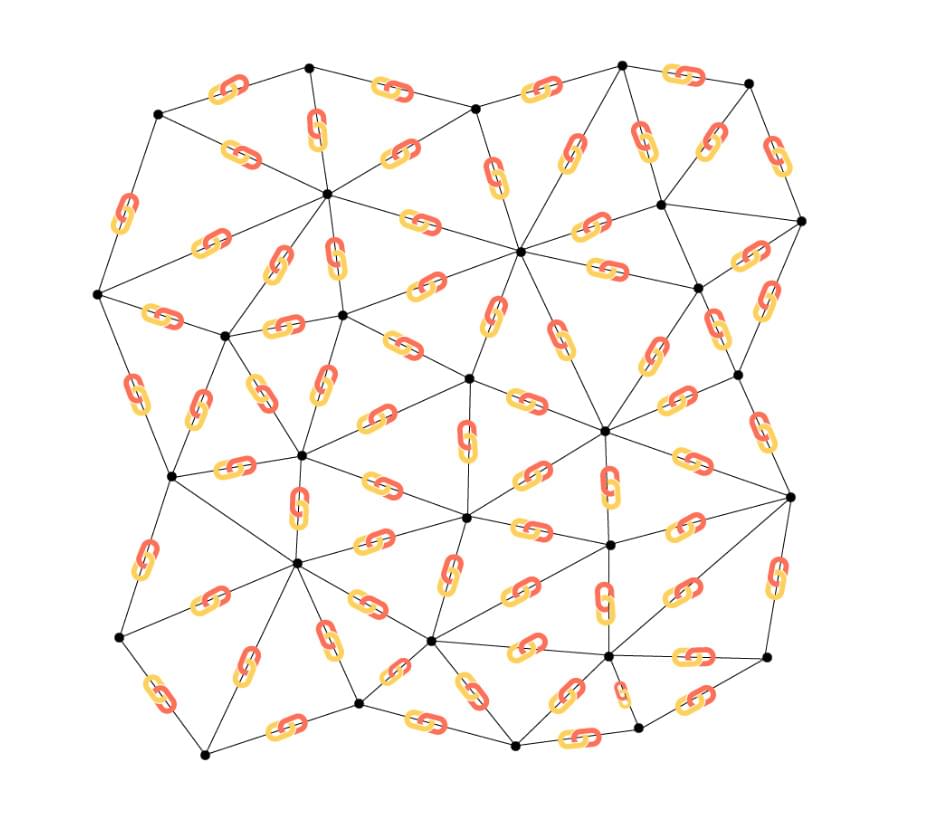
Permissionless blockchains like Ethereum, Polkadot, or Bitcoin are international databases. They supply us with one shared fact that everybody can mathematically confirm. They provide us the flexibility to alter sure values in that database instantly, with out asking anybody to do it for us. Once you work together with a blockchain, everybody turns into conscious of that interplay and is aware of the precise consequence it had. There’s no misrepresentation, no rent-seeking, and no censorship.
Blockchains add a layer of verifiability to this distributed and linked information, in order that a pc is aware of it cannot solely get the info from a peer and perceive, it but in addition belief it. These three parts collectively make up Internet 3.0:
- Linked information
- Distributed information
- Trusted information
Internet 3.0
To start with, there have been mere wires and skeptics. “Who would ever need to join computer systems?” they mentioned. Then got here Internet 1.0, the read-only static net. It was a curated and clear surroundings of principally tech-savvy customers who, with a purpose to discover an internet useful resource, must go to somebody’s manually curated net listing.
As Internet 2.0 got here round — the read-write net — we acquired to the providers that modified our lives. Social networks, SaaS, providers like Uber, Airbnb, PayPal, and Reddit. All of the great issues we will do in the present day are attainable due to Internet 2.0. However Internet 2.0 ushered within the period of intermediaries and single factors of failure within the digital area, and the area was shortly corrupted.
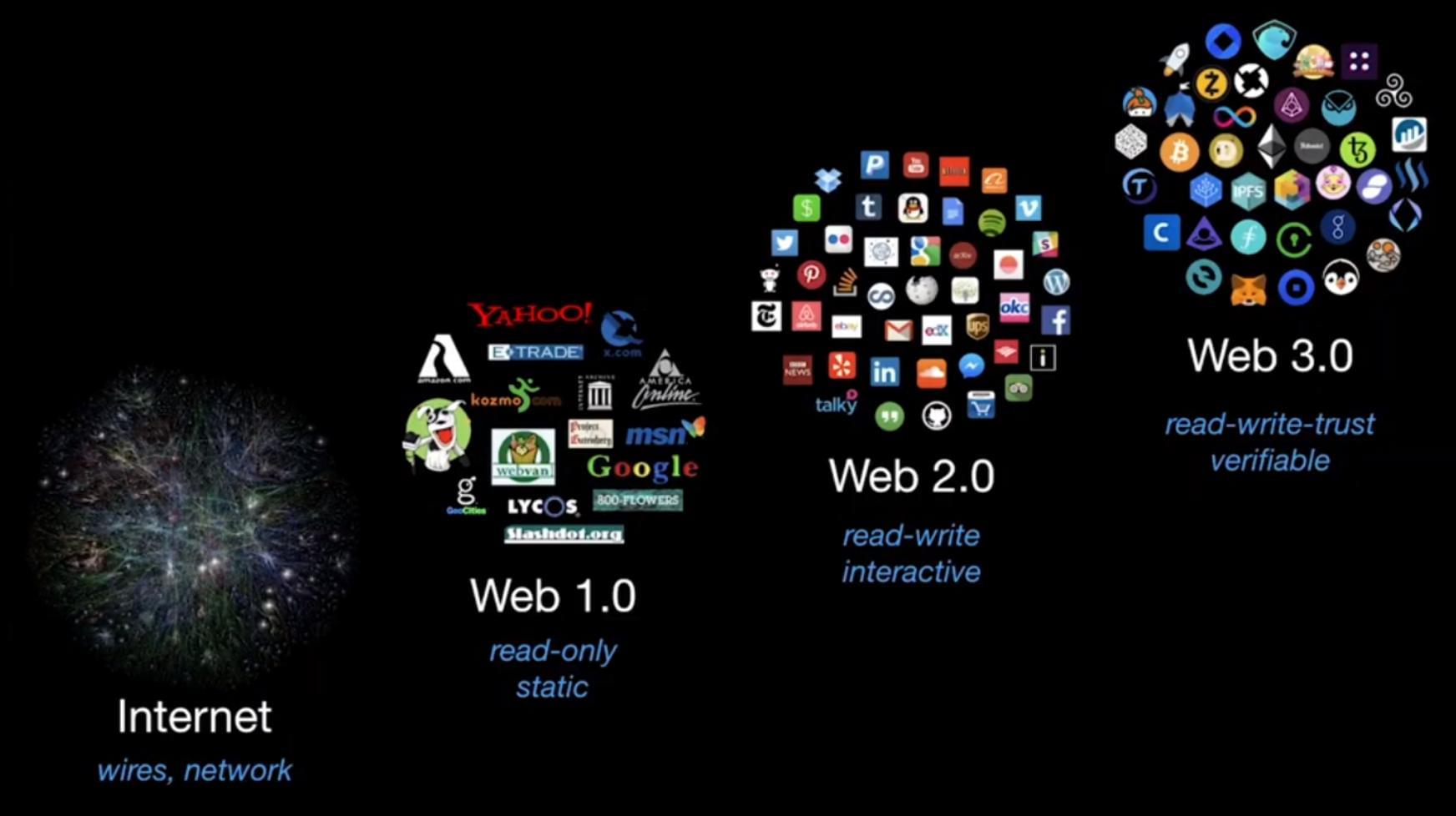
Enter Internet 3.0 (aka Web3). It’s an online wherein the consumer is in full management of their identification, their actions, their funds; an online wherein you might be your individual financial institution, all the things is harmful, there aren’t any security nets, however there’s freedom.
Think about these questions:
- How onerous is it to commerce shares exterior of inventory market hours for normal folks?
- How onerous is it for folks in Myanmar to organize right now?
- How onerous is it for an individual from China to spend money on actual property or artwork within the USA?
- How onerous is it for an Argentinian or a Venezuelan to withstand inflation?
With Internet 3.0, all that is trivial: anybody, anyplace on the earth, can spend money on any firm. Anybody can ship messages to anybody, from anyplace, at any time, and make sure they’ll obtain them. That message might be monetary, only a “hey”, and even some content material somebody doesn’t need you to see (assume The Great Firewall).
Simply consider the type of freedom such a system will guarantee. An ideal instance of Web3 proving its level is the #EndSars protest that occurred in Nigeria in 2020. Nigerian youths, bored with falling prey to a rogue police sector which are worse than criminals, got here collectively to prepare a peaceable protest. For 2 weeks they endured and overcame the federal government’s nasty makes an attempt to interrupt them up, together with utilizing tear fuel, water tanks, and most shamefully, hoodlums.
Having been defeated by the sheer will of its residents, the federal government turned to the banks to assist them, ordering them to freeze the accounts of anybody facilitating the protests. A decade in the past, this may have been a last blow to the courageous protest. However in 2020, the Nigerian government was defeated by Web3. The peaceable protests went on for an additional two weeks due to Bitcoin and Ethereum, which allowed the organizers to obtain donations from anybody, anyplace on the earth. The federal government finally killed the protest by using the army to kill its own citizens on 20th October 2020.
If this doesn’t present you the need of a Web3, then I’m uncertain what’s going to.
No matter what the world thinks, although, the builders of the Web3 are captivated with bringing this new paradigm to the mainstream, no matter it takes. With Internet 3.0, we’re locking the Internet open.